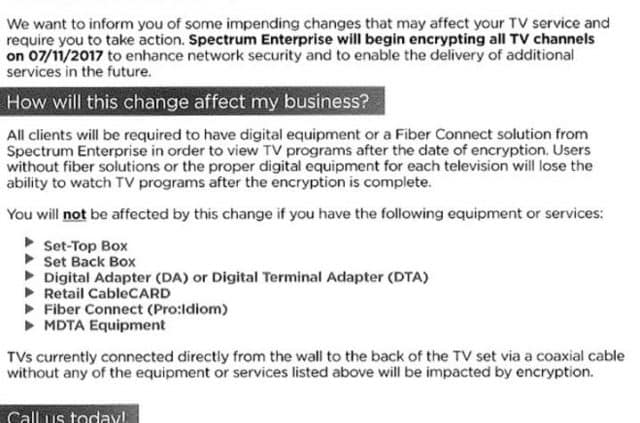
Arena demonstrates four concurrent gigabit connections, now available with HKT’s new Netvigator offering.
Why share your gigabit broadband service with the rest of your family when each member can have their own, at a price lower than what most U.S. broadband providers charge for much slower service.
HKT, the largest telecom operator in Hong Kong, last week introduced its newest Netvigator product — four 1Gbps (1,000Mbps) connections for $59 a month. An even more aggressive special, available for a limited time only, offers two gigabit speed connections for $21.50 a month. Both offers require a two-year contract.
“This is a ground-breaking achievement,” Alex Arena, HKT Group’s managing director, told the South China Morning Post. “This new multi-use architecture allows segregated use of the circuits, which ensures a high level of service quality with guaranteed speed, as well as enhanced security to protect our customers from the growing threats of malware and viruses.”
Customers receive a new advanced multi-use modem which connects to HKT’s XG-PON optical network. Gigabit ethernet ports on the back offer up to four disparate connections of 1Gbps each, along with slower in home Wi-Fi service.
 “The way we use social media and over-the-top streaming video services while working from home, people don’t want entertainment to mess up their home office’s [internet connection],” Arena said. “So I believe there is a huge market for this new service. How quickly this develops is a function of pricing on our part and customers investing in the latest personal computers and cloud computing services at home.”
“The way we use social media and over-the-top streaming video services while working from home, people don’t want entertainment to mess up their home office’s [internet connection],” Arena said. “So I believe there is a huge market for this new service. How quickly this develops is a function of pricing on our part and customers investing in the latest personal computers and cloud computing services at home.”
Hong Kong remains a global leader in delivering superfast, affordable broadband to consumers. Yet many residents still lack access to fiber optic broadband. The Office of Hong Kong’s Communications Authority reports fiber connections have a 39.3% penetration rate. Only about one-third of Hong Kong residents subscribe to fiber service. The primary reason more do not is lack of availability. HKT has two major competitors – Hong Kong Broadband Network and Hutchtel HK. Neither competitor has a fiber network as extensive as HKT.


 Subscribe
Subscribe





